World Bank Report Launch | A New State of Mind: Greater Transparency and Accountability in the Middle East and North Africa
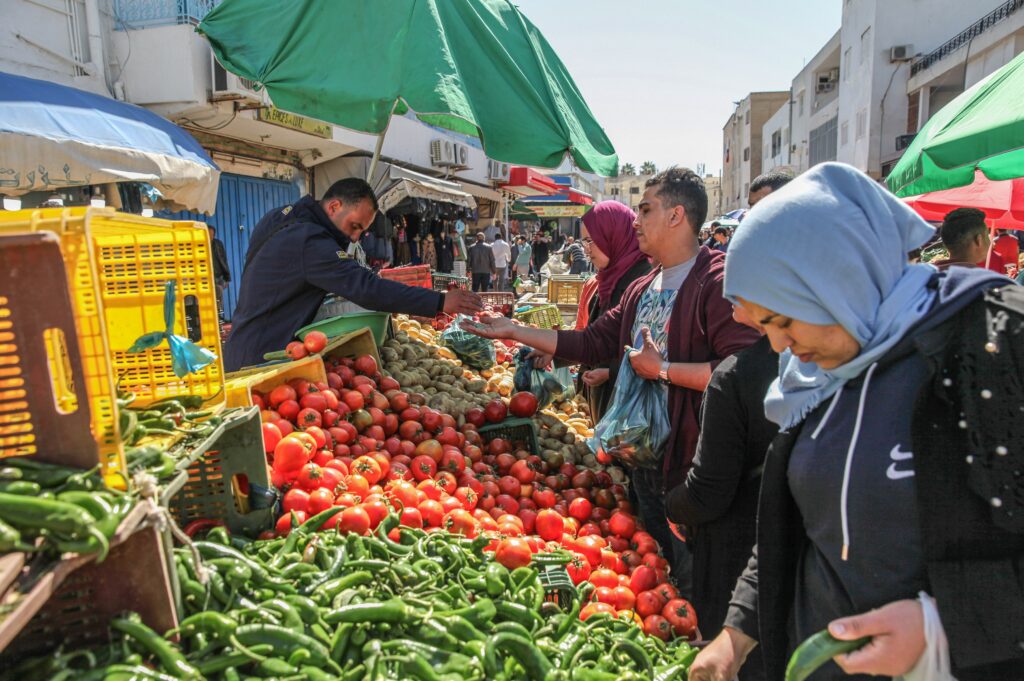
When
October 5, 2022
9:00 am – 10:00 am

When
October 5, 2022
9:00 am – 10:00 am
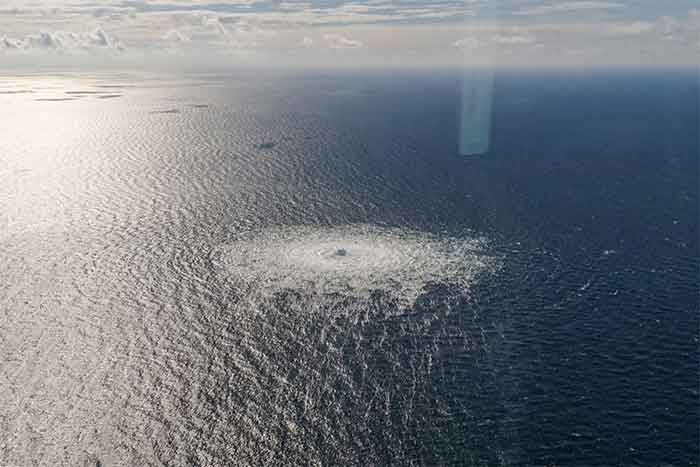
I agree with Jan Oberg
Dr. Jan Oberg, Co-Founder and leader of the Transnational Foundation for Peace and Future Research, wrote a really excellent article on the question of who sabotaged Nordstream pipelines. In the article, he points out that Russia had no motive for sabotaging Nordstream pipelines. If the Russians had wanted to stop the flow of natural gas through the pipeline, they could have simply turned it off at the Russian end. Here is a link to Dr. Oberg’s fine article:
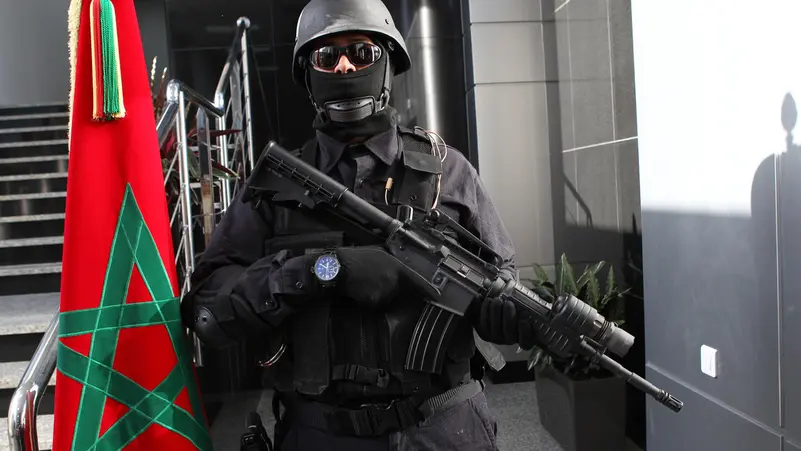
Moroccan police said Thursday they had arrested a suspected ISIS member, in cooperation with US intelligence officers, who was accused of plotting a “terrorist” act.
The 29-year-old man was arrested in the economic capital Casablanca “for his alleged involvement in the preparation of a terrorist scheme aimed at seriously undermining public order,” Morocco’s Central Bureau of Judicial Investigation (BCIJ) said in a statement.
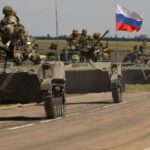
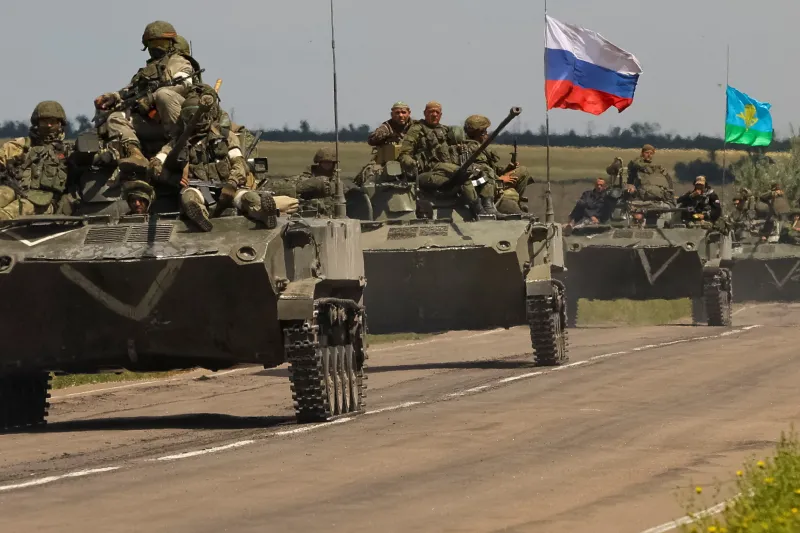
Sacrificing His Core Supporters in a Race Against Defeat
At least since Soviet times, Russians have used dark humor to cope with dictatorship. Perhaps it is not surprising, then, that Russian President Vladimir Putin’s partial mobilization has already been colloquially dubbed the mogilizatsia, a wordplay on mobilizatsia, the Russian word for “mobilization,” and mogila, the word for “grave.” What is more, in practice, this move-to-the-graveyard is proving to be far from partial. Despite assurances by Putin and his defense minister that the draft would be limited to 300,000 people, primarily military reservists who had already served in the army and in conflict zones, Russians have already witnessed the forced conscription of men of all ages across the country. The mobilization has turned out to be almost general.
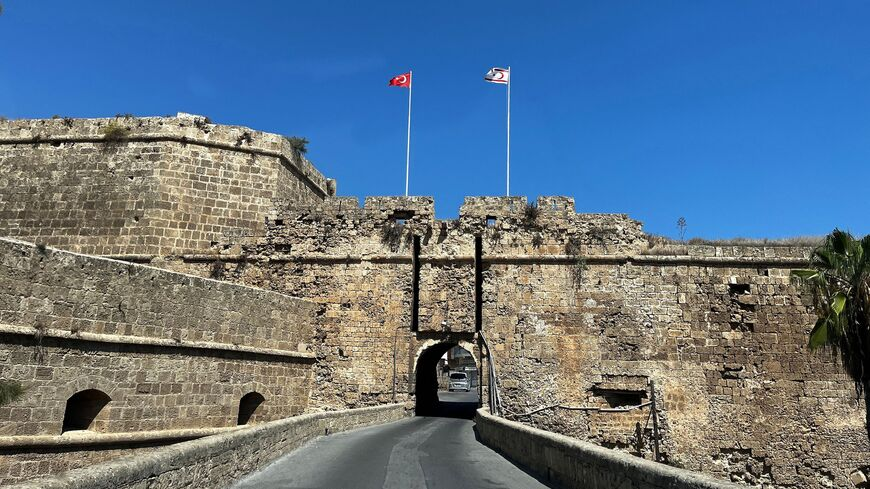
President Erdogan and Foreign Minister Cavusoglu say Turkey will send more troops and arms to northern Cyprus after the Biden administration lifts defense trade restrictions to Greek Cypriots.
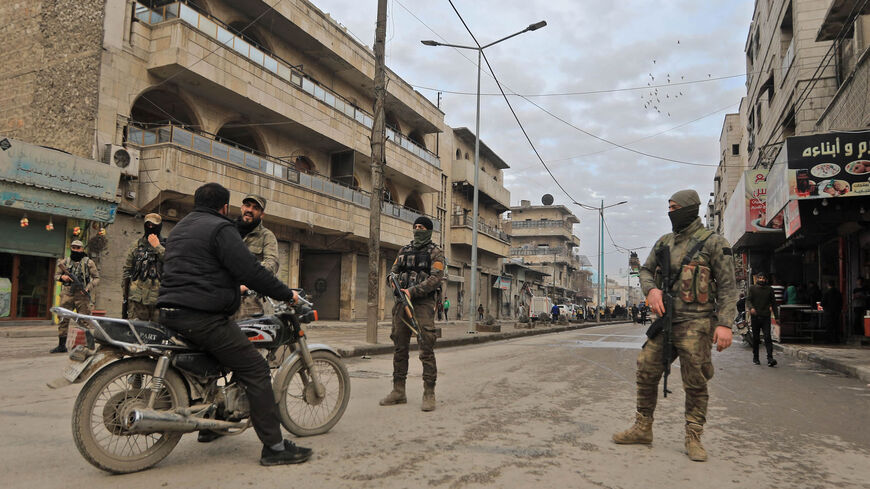
Demonstrations were organized against the Turkey-backed Free Syrian Army in the city of al-Bab, during which protesters demanded that the factions return their houses and farms that had been seized after the FSA took control of the city in 2017.
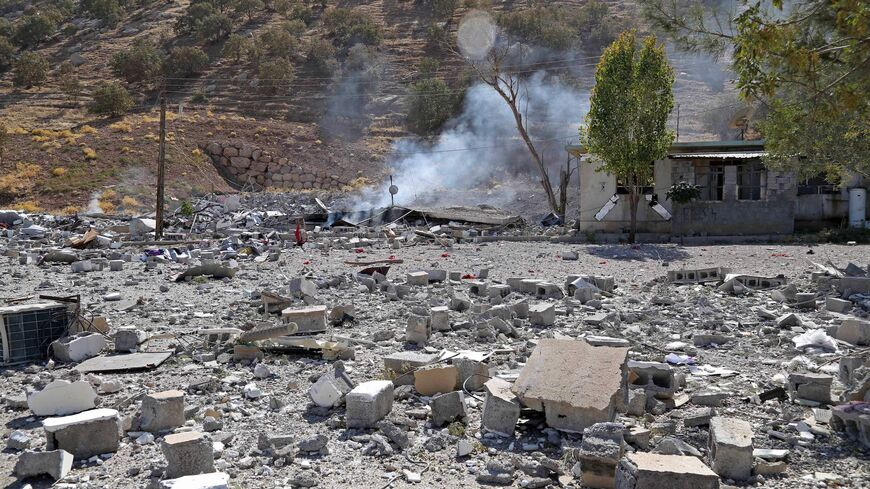
Iran has vowed to respond to any “hostile actions” after an Iranian drone was reportedly shot down en route to Erbil.
The chief of staff of Iran’s armed forces, Mohammed Bagheri, vowed Friday to respond to any “hostile actions” targeting Iranian drones, Iranian news outlets reported.
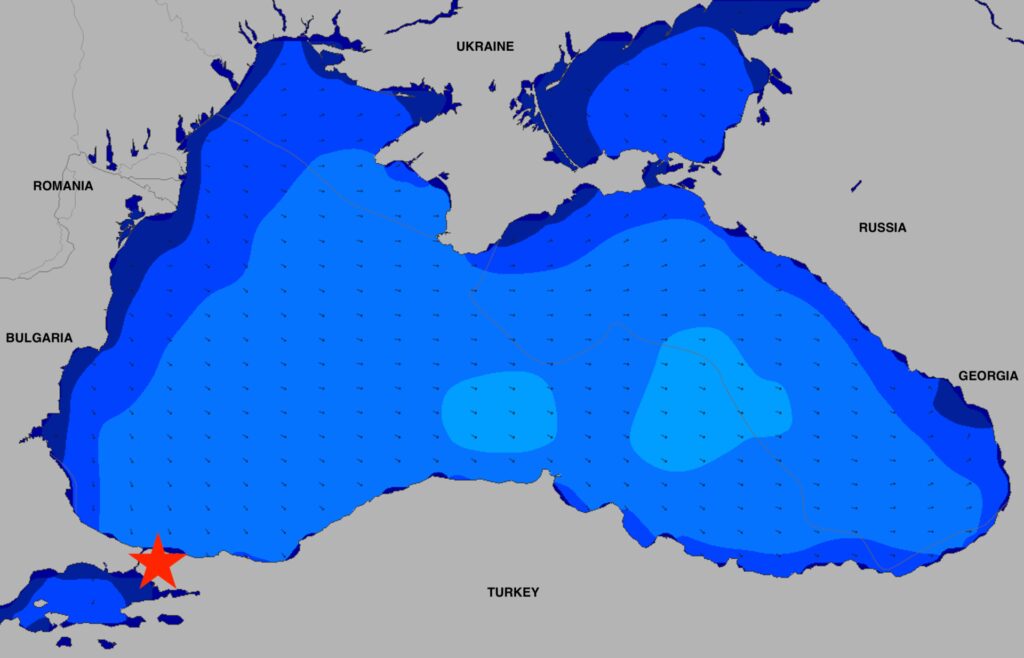
The Black Sea is the largest inland body of water in the world. Its 730-mile long coastline spans two continents and six countries and every region that fronts the sea’s shoreline has its own affinity with the water. For the most part, there’s humble yet passionate surf communities — and even some like in Turkey that has a surf culture dating back more than a millennium.
The Eastern Mediterranean gas play extends across the offshore areas of Lebanon, Israel, Palestine, Egypt, Cyprus and, by its own insistence, even Turkey. The next phase of commercial development is incredibly complicated given the interplay of petroleum geology, national policies and regional politics, competing energy markets (local gas versus global LNG), existing infrastructure and corporate strategies.
As Turkey is gearing up for one of the most momentous elections in recent history, early campaigning has shown that any issue — from national security to foreign policy — can quickly turn into campaign material.